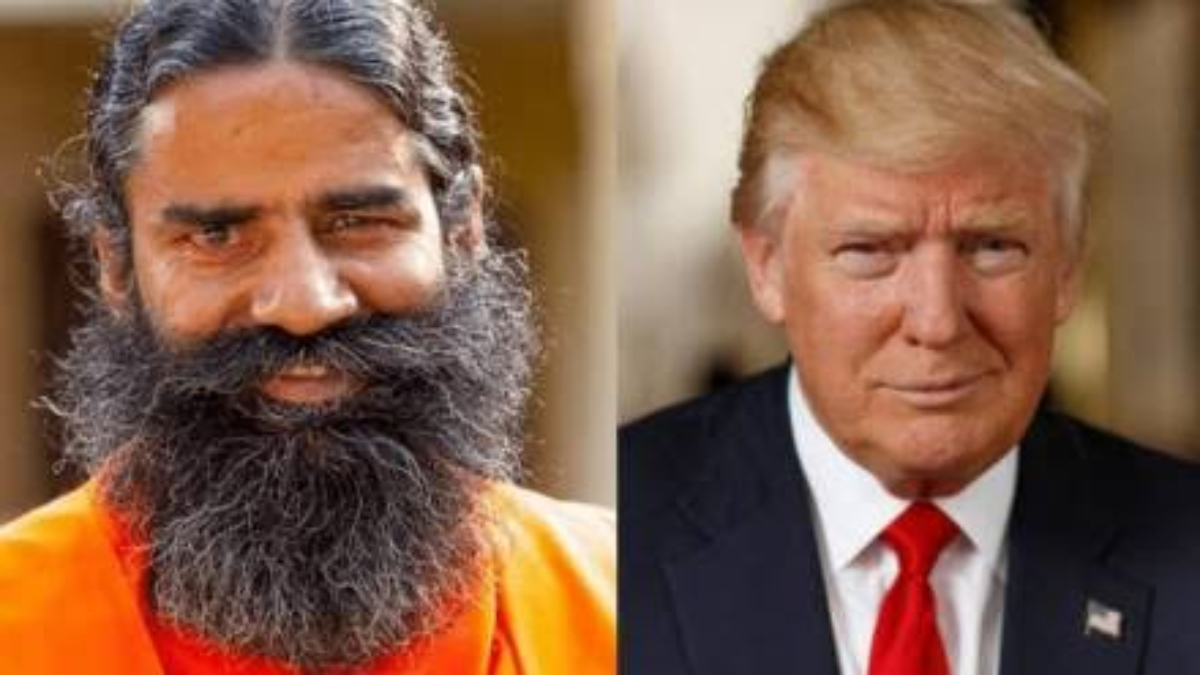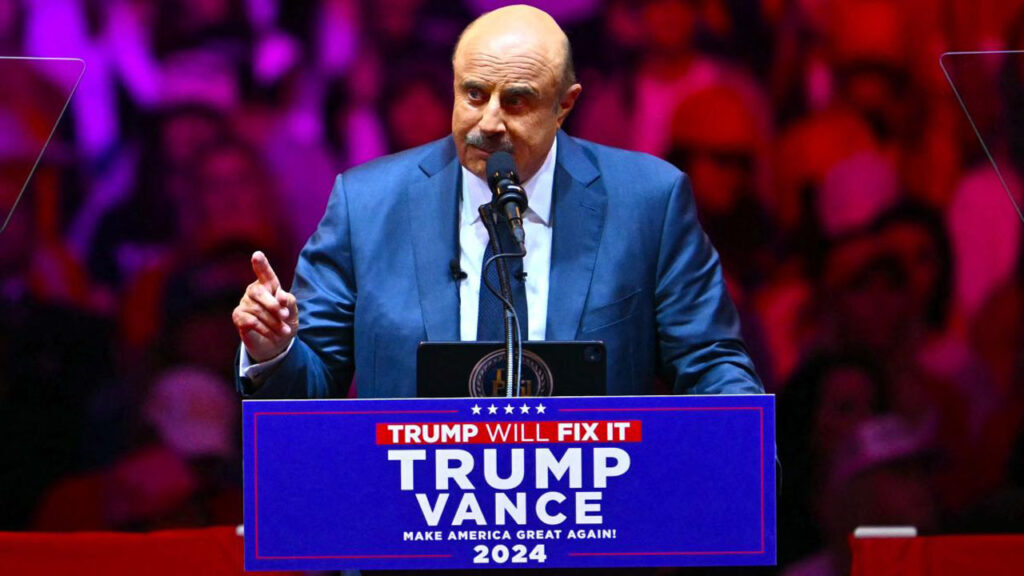Now Reading: Ramdev’s Call to Action: Boycott American Products
-
01
Ramdev’s Call to Action: Boycott American Products
Ramdev’s Call to Action: Boycott American Products

In response to the U.S. imposing a 50% tariff on certain Indian imports, yoga guru and Patanjali co-founder Baba Ramdev has launched a strong call for a nationwide boycott of American products. He has urged Indians to stop patronizing American brands like Pepsi, Coca-Cola, Subway, and McDonald’s, framing the U.S. action as “political bullying” and “economic terrorism.”
Ramdev’s Core Argument
Ramdev argues that the U.S. move is an act of “hooliganism” and a “dictatorship,” which must be met with a unified, grassroots response from the Indian public. He believes that if Indians collectively stop buying products from American companies, it will create economic chaos and inflation in the U.S., forcing President Trump to reverse the tariffs. According to Ramdev, this consumer-led economic pressure is a powerful way for India to assert its sovereignty and teach the U.S. a lesson.
The Broader ‘Swadeshi’ Vision
Beyond a simple boycott, Ramdev sees this as an opportunity to revive and strengthen the ‘Swadeshi‘ (self-reliance) movement in India. He emphasizes that the money spent by Indians should stay within the country to foster domestic manufacturing and job creation. This aligns with the broader push for an “Atmanirbhar Bharat“ (self-reliant India). Ramdev has long been a vocal proponent of this philosophy, and he views this trade dispute as a critical moment for India to reduce its economic dependence on foreign powers and establish itself as a global hub for manufacturing, healthcare, and education.
Economic Implications and Counterpoints
The U.S. tariffs, which were doubled from an initial 25%, were reportedly imposed in response to India’s continued purchase of Russian oil. The move has been criticized by some U.S. officials as being arbitrary, as other countries like China import even more Russian oil without facing similar penalties.
Economists have warned that the tariffs will have a severe impact on key Indian export sectors such as textiles, gems and jewelry, and auto components, potentially threatening thousands of jobs. While a large-scale boycott of American products might seem like a powerful counter-move, its practical economic impact is debated. Some experts argue that in a globalized economy, a blanket boycott is difficult to implement and could also lead to job losses within India, as many American brands have manufacturing and operational facilities in the country. They suggest that diplomatic engagement and seeking new trade agreements with other nations are more pragmatic long-term solutions.
Despite these concerns, Ramdev’s message has resonated with a significant section of the Indian population, turning a complex trade dispute into a nationalistic rallying cry for economic independence









